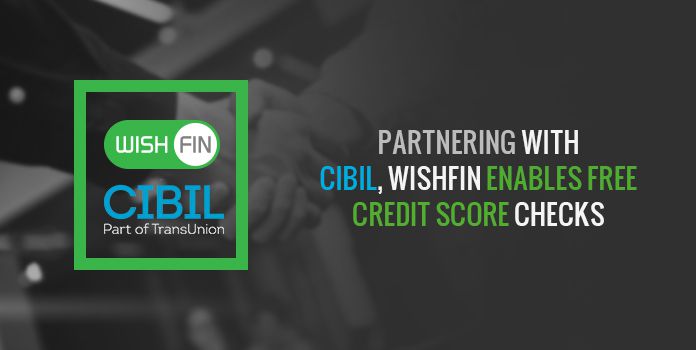lenders won’t give you a loan without first verifying your credit score. A higher credit score increases your chances of having a loan approved since the lender will have more faith in your ability to repay the debt. As a result, every individual should be aware of his or her CIBIL score.
It is critical to have a decent credit score. However, there are several misconceptions and fallacies concerning the cibil score that are prevalent in the market due to a lack of awareness. We’d like to talk about some of the common cibil score myths in today’s blog.
Cibil is the sole way to receive a credit score and report
The phrases “cibil” and “credit score” are frequently interchanged. Transunion Cibil, on the other hand, is a credit agency that offers credit scores identical to those offered by Equifax, Experian, and Crif High Mark. The Reserve Bank of India has authorized these four credit bureaus in India authorization to generate credit reports.
Credit reports can be obtained from any of the four bureaus. To calculate credit scores, each agency has its own set of criteria. As a result, borrowers’ ultimate credit scores may fluctuate from time to time.
Checking the report lowers the cibil score
When a customer’s cibil score is examine, an inquiry is create. The questions can be separate into two groups:
- When a consumer examines his or her own credit score, it is referr to as a “soft inquiry,” which has no bearing on the customer’s credit score.
- A “hard inquiry” occurs when a lender (banks, nbfcs, etc.) asks cibil to examine a customer’s credit score.
A hard inquiry has an effect on your credit score. As a result, a large number of hard inquiries in a short period of time may have a negative impact on your credit score.
Poor cibil results in loan refusal
The cibil assigns a credit score based on an individual’s credit activity. In the vast majority of circumstances, a low cibil score does not result in your loan application being deny. Other criteria that influence credit decisions include the borrower’s income, the credit score of co-applicants, the applicant’s reputation, and so on.
If you don’t take out a loan, your CIBIL score will improve
The public has a frequent misconception that if you don’t have any loans or credit cards, you must have an excellent credit score. This is not the case. A cibil score of -1 is assign to someone who has no credit history.
CIBIL has the ability to change my information
On a regular basis, the link financial institutions send cibil the records of all loan debtors. All credit information is gather and consolidate by cibil. They are not permitt to change any borrower’s information. cibil maintains the records without making any changes to the information provide by the borrowers.
Being a guarantor/co-borrower has no effect
People frequently sign loan applications as guarantors or co-borrowers without fully comprehending the legal repercussions of their actions. If the primary borrower defaults on the loan, the guarantor or co-borrower is responsible for repaying the loan plus interest. Furthermore, the default of the major borrower will have a negative impact on his or her credit score.
A high cibil score entitles you to a loan with a lower interest rate
The borrower is assess not only on the basis of their credit score, but also on their age, income level, banking activity, previous credit history, kind of asset mortgage, and so on. If any of the parameters do not satisfy the lender, he has the option of rejecting the application or offering a higher interest rate.
Anyone can check my CIBIL Score
Anyone, including the loan borrower and register financiers such as banks, nbfcs, and other financial institutions, is entitle to verify my cibil score by doing CIBIL score login after obtaining the borrower’s consent.

